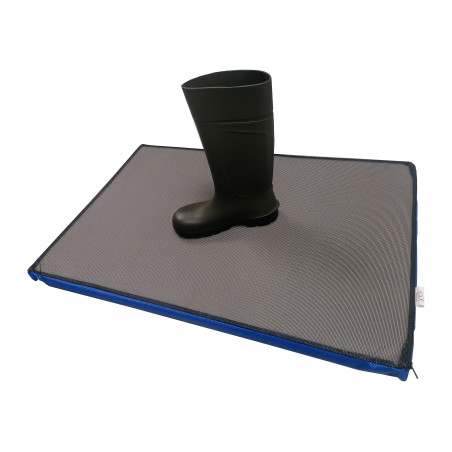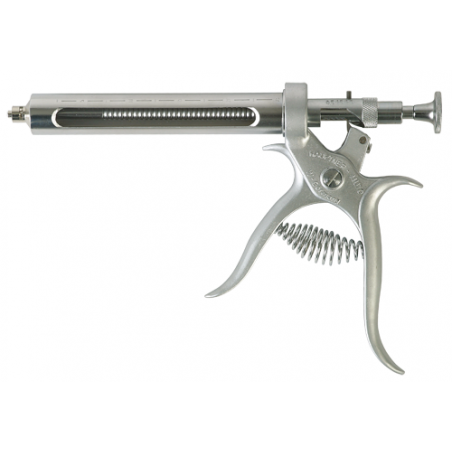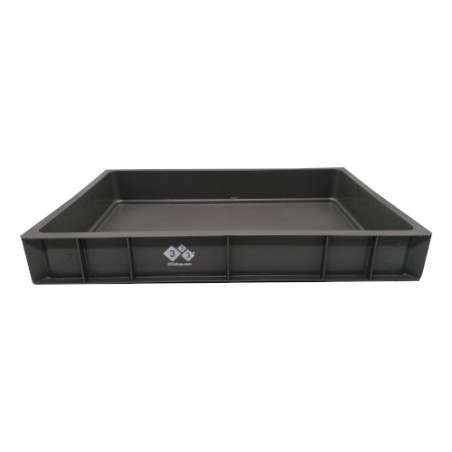333 is pleased to present a PRRS survey from EuroPRRSnet aimed to veterinarians and pig producers. Dr. Tahar Ait-Ali, from the University of Edinburgh, encourages them to contribute to the development of future measures against PRRS by means of their participation: “The intention of this survey is to draw a complete picture on control and diagnostic measures in a large number of production units and gain more information from where it really matters: veterinarians and pig producers. Your contribution to this survey is essential and will assist greatly the PRRS scientific community in developing future actions and toolkits to combat this devastating disease using real information from the field.”
The prize for all the registered participants will be the immediate access to the results and, when the survey period ends, 333 will send all users an article that analyzes the responses to all the questions.

The survey consists of 15 multiple choice questions and it can be filled in in less than ten minutes.
You can start sharing your knowledge HERE.
Dr. Tahar Ait-Ali reminds that the PRRS still is an outstanding pig disease in many parts of the world: “More than 25 years after its emergence, PRRS is still a stumbling block on the road to sustainability of the porcine industry. PRRS is responsible for substantial pig production losses worldwide. Pig productions in developed economies such as USA, Canada and some EU countries have monitoring measures to control the disease that other pig producing countries could benefit from. PRRS is a trans-national disease and therefore an international problem”.
Dr. Tahar Ait-Ali continues explaining the importance of the EuroPRRSnet initiative in the fight against PRRS: “Due to the lack of internal controls on the movement of pigs and pig products, there is a constant mixing of diverse strains of virus and introduction of variants to new, susceptible populations. Within Europe, there is already a large diversity of PRRSv strains that make a coordinated European research approach essential in order to ensure that the conclusions of such research are applicable to all areas. The mission of EuroPRRSnet was to provide a multidisciplinary collaboration platform to allow PRRS researchers, vets and pig producers, and promote dissemination of novelties about the disease, control measures and harmonization of diagnostic methods. Several EU countries have benefitted significantly from this agenda. However we are still far away from a complete control of the disease and more efforts are required. Indeed, in some EU countries methods of control of disease are either uneven or not existing at all. The fundamental reasons for these worrisome findings are mainly due to the lack of harmonized diagnostic methods and to the limited knowledge about PRRS prevalence”.
This survey has been carried out with the financial support of the COST office and the University of Edinburgh.
November 7, 2014









